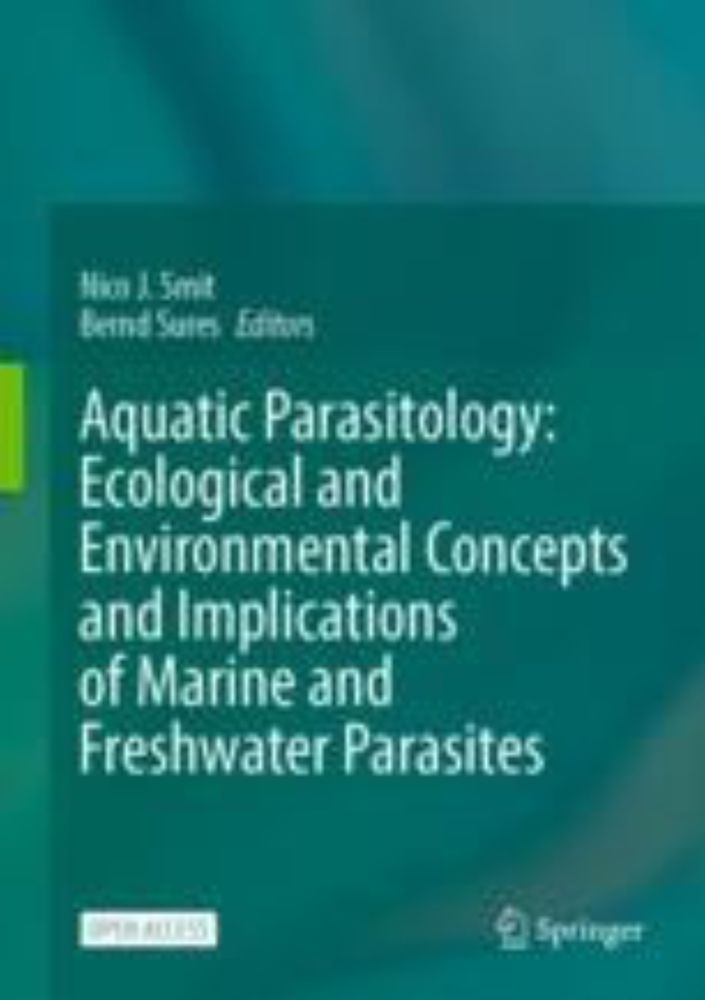


In short, these are the results:

In short, these are the results:

📸: UDE/Sebastian Prati
👉 https://www.uni-due.de/2025-10-07-thermofresh

📸: UDE/Sebastian Prati
👉 https://www.uni-due.de/2025-10-07-thermofresh
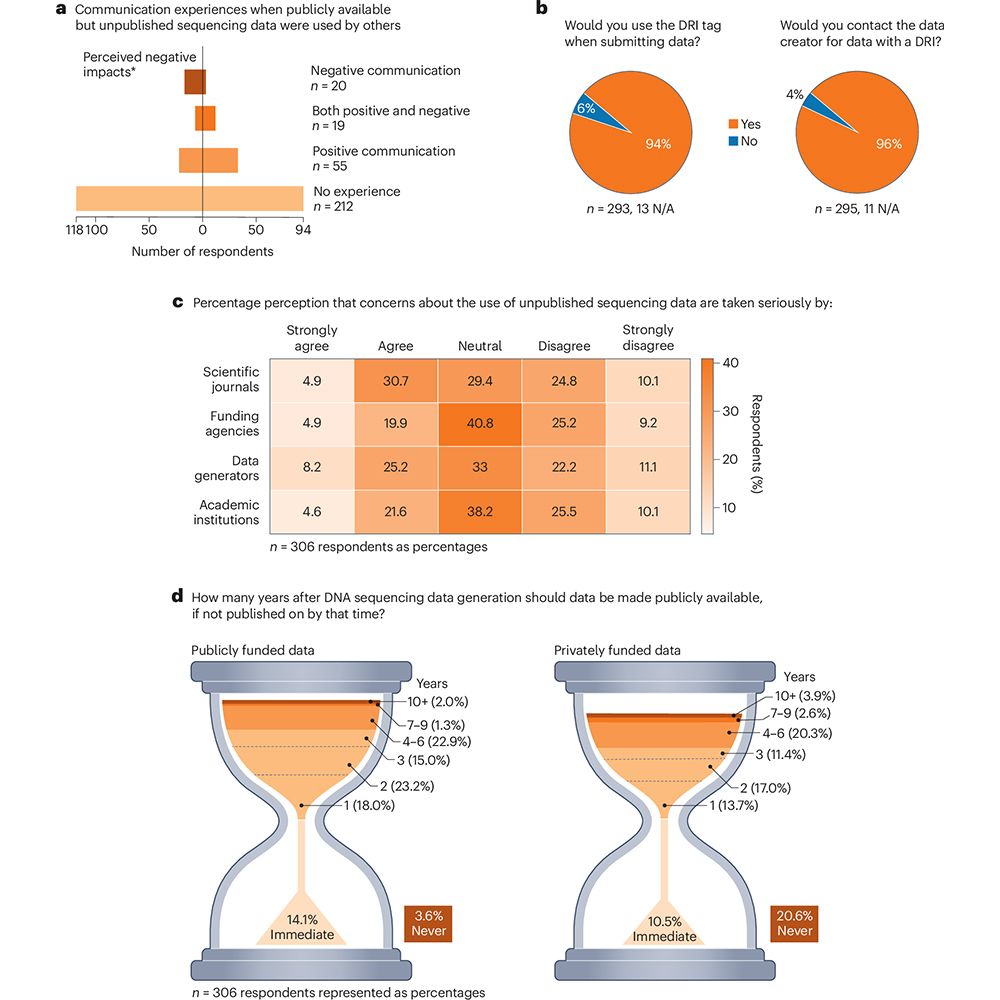

go.nature.com/42JFObR

go.nature.com/42JFObR




Fantastic keynotes, exciting discussions, nice presentations.

Fantastic keynotes, exciting discussions, nice presentations.

Freely available at: dx.doi.org/10.1002/ece3...

Freely available at: dx.doi.org/10.1002/ece3...

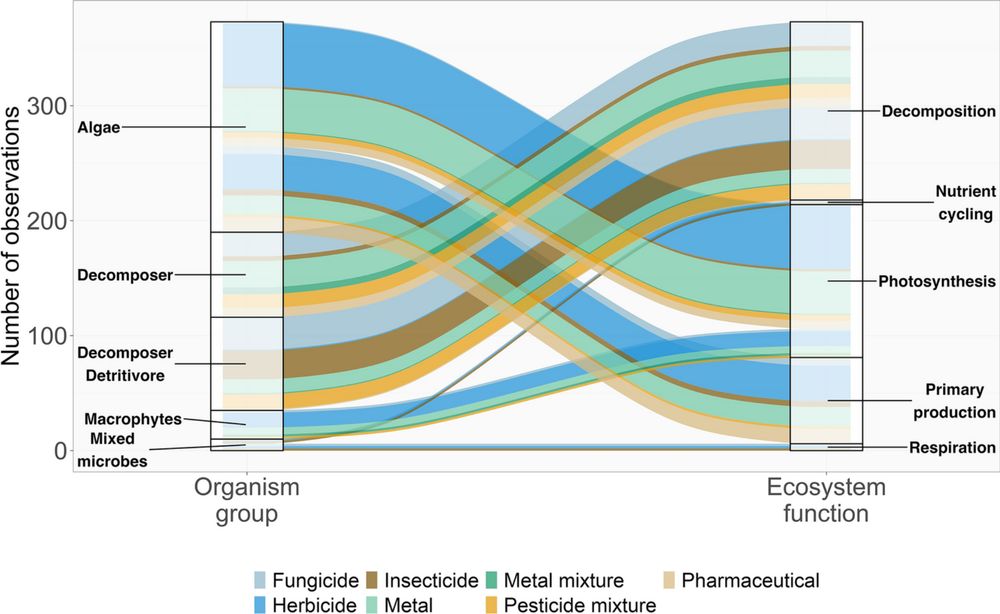

Our new review in Science (@science.org) shows that Earth’s changing rhythms could have major and underestimated consequences for life on Earth. 🌍🧵
www.science.org/doi/10.1126/...
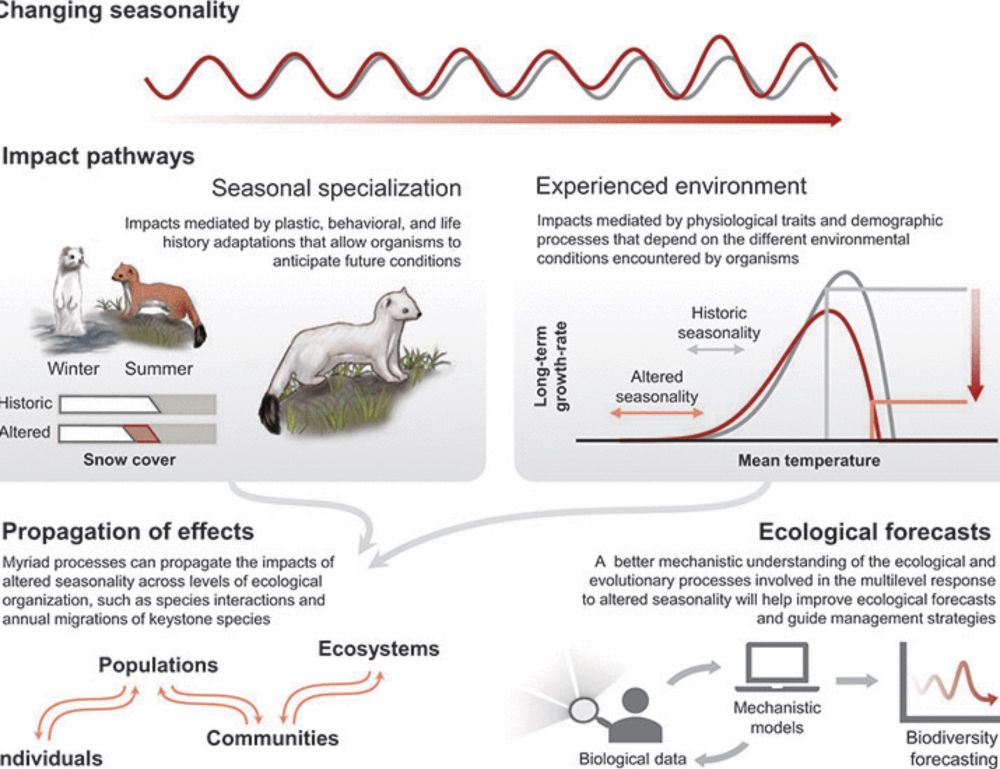
Our new review in Science (@science.org) shows that Earth’s changing rhythms could have major and underestimated consequences for life on Earth. 🌍🧵
www.science.org/doi/10.1126/...
Surprisingly: yes! We found notable concentrations in streams without upstream agriculture. Mean exposure was explained by distance-weighted land use in the surrounding (radius of 50 km). doi.org/10.1016/j.wa...
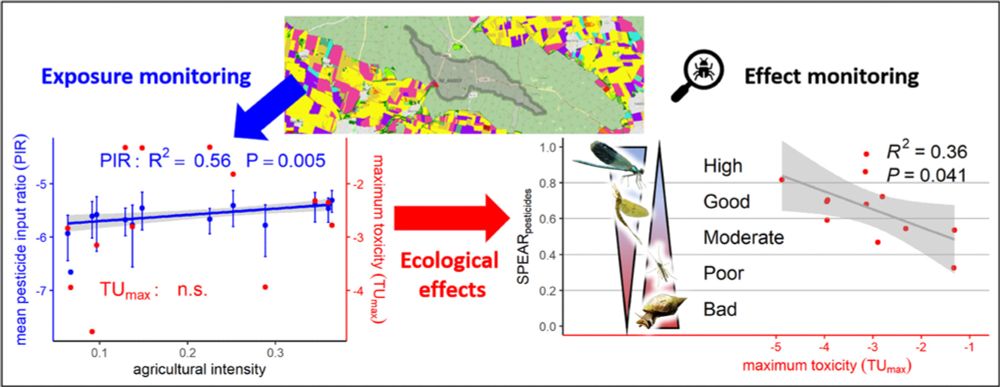
Surprisingly: yes! We found notable concentrations in streams without upstream agriculture. Mean exposure was explained by distance-weighted land use in the surrounding (radius of 50 km). doi.org/10.1016/j.wa...
Welcome to our 6th Stockholm University Environmental Science Seminar (SUESS) of the year!
Jason Snape from the University of York will talk about:
How do we make healthcare more sustainable?
Zoom Link: stockholmuniversity.zoom.us/j/66206406448

Welcome to our 6th Stockholm University Environmental Science Seminar (SUESS) of the year!
Jason Snape from the University of York will talk about:
How do we make healthcare more sustainable?
Zoom Link: stockholmuniversity.zoom.us/j/66206406448
